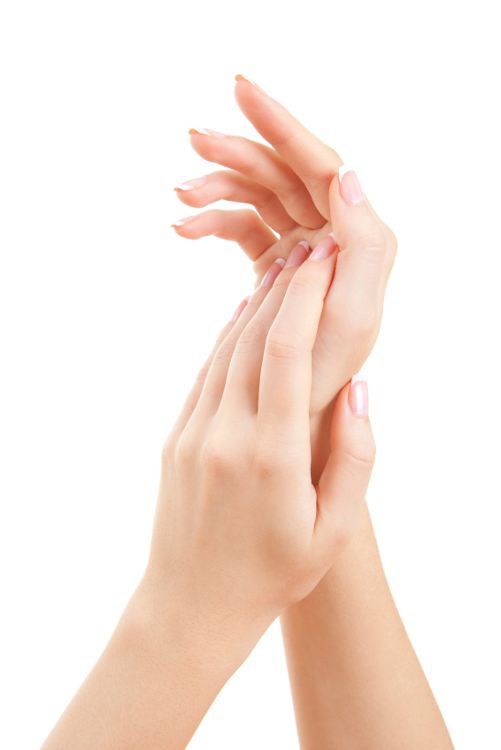Fucoidan supports skin microbiome, says recent study
A recently published study found that, when used topically, fucoidan, a bioactive compound derived from brown seaweed, significantly altered gene expression and inhibited the adhesion of bacteria in an in vitro 3D model of atopic dermatitis.
Photo © iStockphoto.com/Osuleo

A study recently published in Dermatopathology1 found that, when used topically, fucoidan, a bioactive compound derived from brown seaweed, significantly altered gene expression and inhibited the adhesion of bacteria in an in vitro 3D model of atopic dermatitis, also known as eczema. Genes associated with skin barrier function, wound healing, and fluid accumulation were beneficially affected. When it came to bacterial adhesion, fucoidan was found to inhibit the adhesion of Staphylococcus aureus, which is a typical bacterium found in abundance in the skin of eczema patients and known to aggravate the condition. Importantly, the adhesion of Staphylococcus epidermidis, a common bacterium found in healthy skin, was not affected.
“There is currently an unmet global need for effective, non-toxic treatments for debilitating inflammatory skin conditions such as atopic dermatitis,” said Ahyoung Park, PhD, lead author of the paper, and Marinova research scientist, in a press release. “These latest results suggest fucoidan may be a useful topical agent to assist in the future management of AD and potentially offer relief to millions of sufferers.”
Reference
- Park A et al. “Modulation of gene expression in a sterile atopic dermatitis model and inhibition of staphylococcus aureus adhesion by fucoidan.” Dermatopathology, vol. 8, no. 2 (2021): 69-83





